Alibaba, a global e-commerce giant, connects millions of buyers and suppliers across the world, offering a vast marketplace for wholesale goods and services. With its massive scale and diverse offerings, many wonder about its legitimacy and reliability as a platform for business transactions. In this article, I shall be dealing with the question, Is Alibaba legit?
Alibaba’s legitimacy is often scrutinized due to its open marketplace model, which allows a diverse range of suppliers, from established manufacturers to smaller traders, to operate on the platform. Founded in 1999 by Jack Ma, Alibaba Group has grown into a trusted name in global trade, backed by robust verification processes like its Gold Supplier and Trade Assurance programs to enhance buyer confidence.
What is Alibaba?
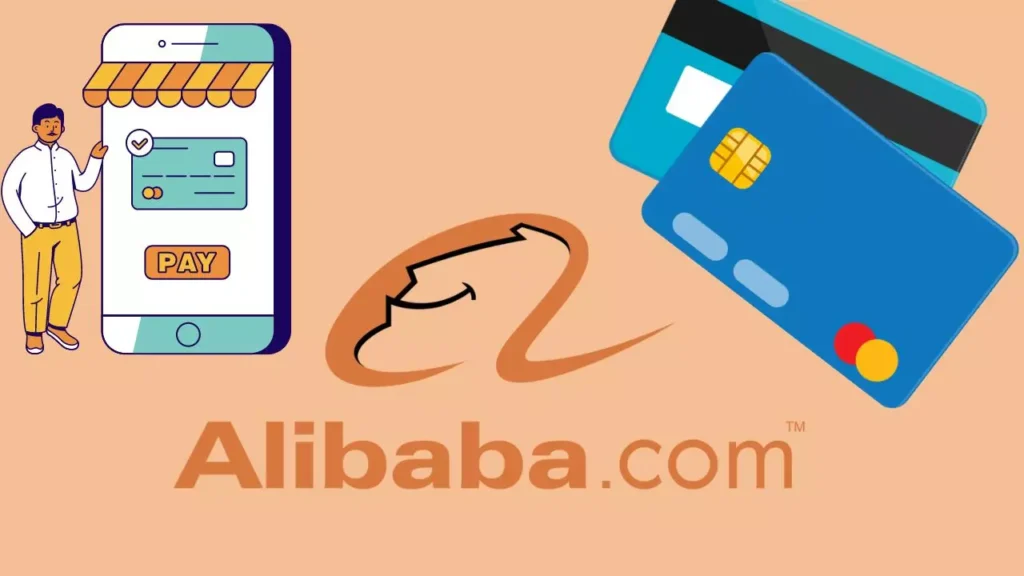
Alibaba is a Chinese multinational e-commerce, technology, and internet conglomerate founded in 1999 by Jack Ma. It’s one of the world’s largest online commerce platforms, primarily operating as a business-to-business (B2B) marketplace, connecting manufacturers and suppliers with buyers globally.
Is Alibaba Legit?
Yes, Alibaba is a legitimate and reliable platform for business and marketing purposes. It is a marketplace where third-party sellers, who are suppliers and manufacturers in most cases, list their products. However, the quality can vary.
The company has over 150,000 supplier listings and is available in 190 countries, which is good enough to suggest that the said company is legitimate, therefore can be trusted to buy and sell products.
Product Quality & Seller Credibility
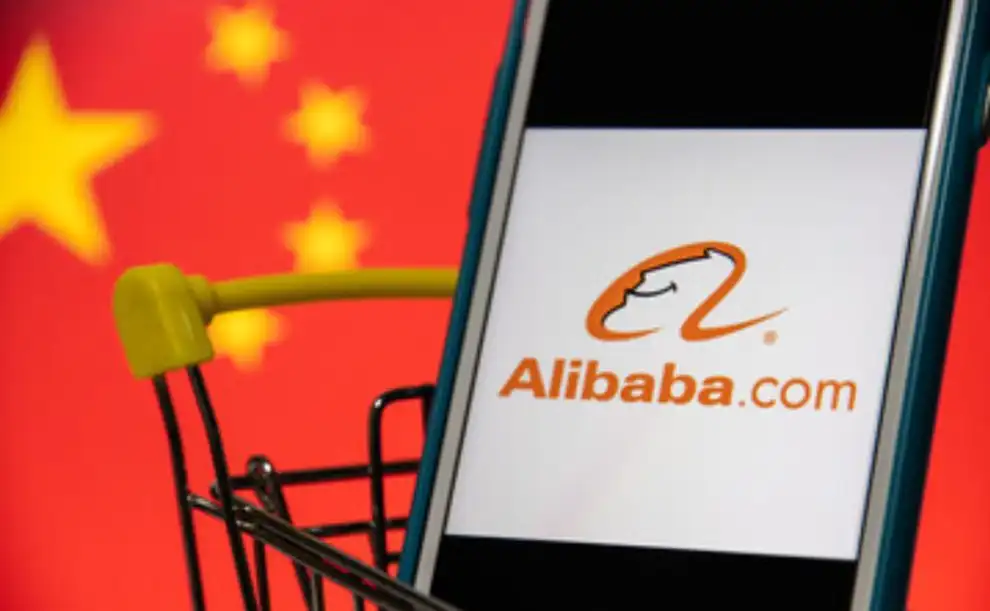
Since this is an online marketplace where third-party sellers and manufacturers list their products, it becomes quite important to examine the product quality and the credibility of the seller. Let us dive into examining this aspect:
Product Quality: What You Should Expect
Alibaba features a wide range of products. It hosts items of all prices from low-cost to high-end goods. As a result, the quality can be highly variable. Here are some of the key considerations that you should take into account while purchasing an item from the said marketplace.
1. Low-Cost Products: The low-cost items are directly sourced from the manufacturers, looking to provide affordable options. These are typically mass-produced and may have quality variations. It is advisable to go through the customer reviews and product description, or you may ask for a sample to check the quality before going for the bulk order.
2. Premium Products: The premium goods include electronics, machinery, and designer apparel. These items are, by and large, manufactured by well-established companies so that set standards are adhered to.
3. Product Testing: Make sure you ask for a sample to test the quality of the product. Once you are sure about the quality, only then go for the bulk order.
Seller Credibility: Ensure That the Supplier is Legitimate
Verifying the credibility of the sellers is crucial. Since Alibaba has not set a vetting process in place, the degree of reliability can vary. Here are the key points you need to follow to ensure you are dealing with a reputable seller.
1. Gold Supplier Status: “Gold Supplier” is a paid membership that signifies a seller has met certain minimum standards. Even though having this membership does not guarantee top-tier quality, it does indicate that the seller is invested in maintaining a good reputation.
2. Verified Supplier Badge: A Verified Supplier is one that has gone through a more extensive vetting process, where Alibaba visits the supplier’s factory, inspects their operations, and confirms their legitimacy. This is a good indicator of trustworthiness.
3. Customer Reviews and Ratings: Another important determinant to verify the Legitimacy of the seller is the customer reviews. It is therefore advisable to go through the reviews and ratings to know where the seller stands. This will give you an inkling about the authenticity of the seller.
Also, read Is Etsy Legit: How Safe is It to Shop There?
How Does Alibaba Work?
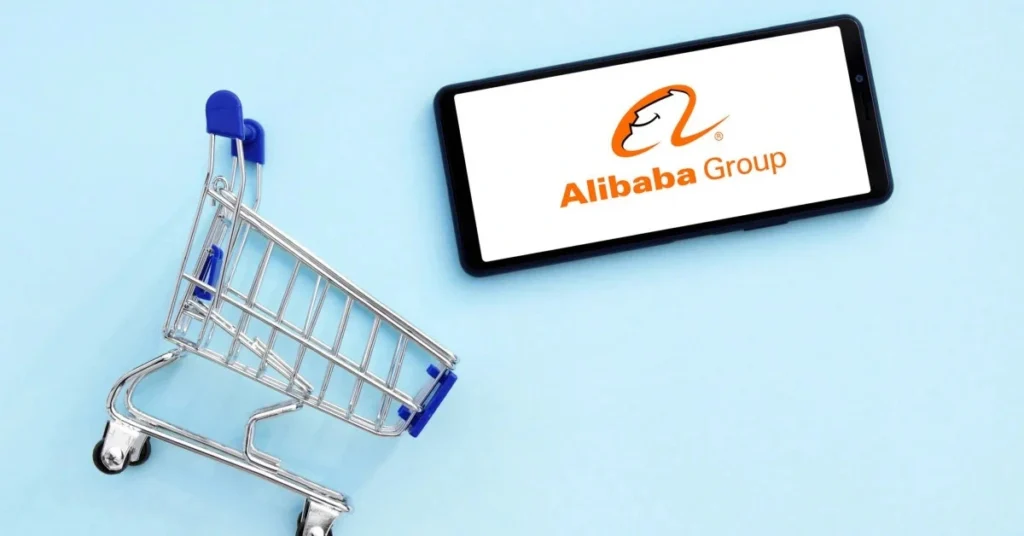
It will be important to understand the workings of the platform before we delve further. Alibaba is primarily an online marketplace that connects suppliers and manufacturers with buyers. Buyers include businesses and consumers worldwide. Its business revolves around three primary platforms.
1. Alibaba
This is the main platform. This is a B2B business model. This is the platform where manufacturers and wholesalers are allowed to list their products for bulk purchases.
2. AliExpress Dropshipping
AliExpress is a B2C business model. It is a subsidiary of Alibaba, where buyers are allowed to purchase smaller quantities directly from the suppliers. This platform caters to individual consumers rather than businesses.
3. Alibaba Cloud
This platform provides cloud computing and data storage solutions, although this is outside the scope of the typical shopping experience.
Note: Buyers can go through the listings to browse. Once they find the item, they can purchase it directly or initiate contact with the supplier to negotiate pricing or customize the products.
Features of Alibaba
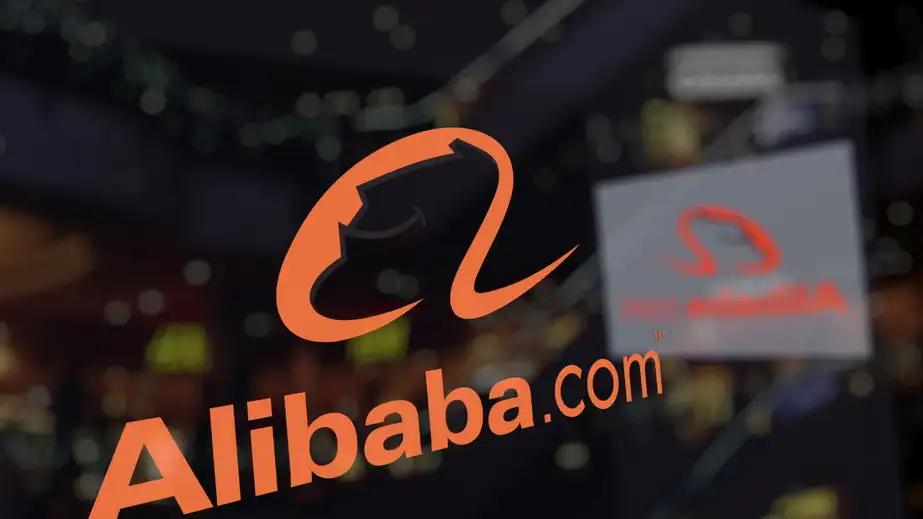
Since Alibaba is the leader of the e-commerce world, the features it holds are distinctive from its contemporaries. Here are some of the key features it supports:
1. E-Commerce Platform
Alibaba operates multiple e-commerce platforms catering to different market segments. It is a kind of marketplace where a startup and an established seller can find a place to sell their products. The said platform has more than 150,000 listings, making it one of the biggest marketplaces in terms of volume.
2. International Retail
Alibaba is a global retail platform that has a presence in over 190 countries. Being a retail platform, it allows Chinese manufacturers to sell their products directly to individual consumers worldwide. It supports door shipping for international merchants.
It supports 17 languages and 1400+ local currencies for global accessibility. Besides, it operates as a C2C marketplace for second-hand goods in China.
3. Trade Assurance Program
In order to enhance the trust and security in transactions between buyers and sellers on its program, the company has established a Trade Assurance program. This program is aimed at protecting buyers by ensuring suppliers meet the terms of the trade contract, particularly regarding on-time delivery and product quality.
The trade assurance program allows buyers to file a dispute through Alibaba’s platform. The supplier has 2-3 days to respond; the dispute can then be escalated to Alibaba for mediation within 30 days.
4. Secure Payment Methods
Alibaba’s secure payment system is a set of payment processes and methods designed to protect buyers and sellers during transactions. Transactions are SSL encrypted and comply with PCI DSS standards to protect financial information.
As a buyer, you can make payment through Alibaba’s secure payment gateway. It incorporates two-factor authentication and fraud detection to enhance security.
5. No Sales Commission
Unlike many platforms, Alibaba charges no commission on sales, thereby allowing sellers to retain more earnings.
It supports businesses of all sizes, from startups to large enterprises, with flexible MOQs and customization.
Red Flags to Watch Out For
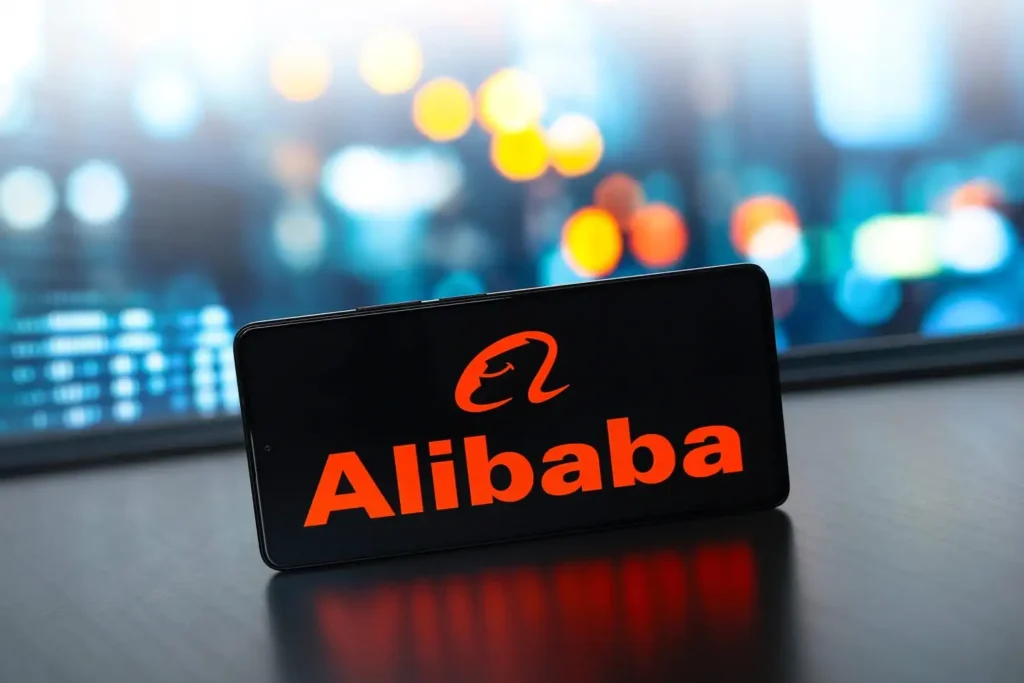
There is no denying the fact that Alibaba has put in place different protective measures to safeguard the interests of the customers. However, the possibility of scams can’t be ruled out altogether. Here are some red flags to watch for when shopping:
1. Unclear Terms or Conditions
When the terms and conditions are not clear, then there is something fishy. If the seller is vague about the product terms, warranty information, or delivery process, this is a sign for you to tread carefully. Be careful in purchasing from those who have not displayed the clear terms and conditions.
2. No Verified Supplier Badge
A supplier without a badge does not necessarily mean a scam. However, it is suggested to avoid buying from such suppliers for the reason that there remains a possibility of getting duped. Verified suppliers have passed inspections, thereby adding to confidence.
3. Lack of Communication
A legitimate seller will respond to your inquiries promptly and professionally. A seller without a proper communication mechanism can be a scam; it is better to avoid buying from such a seller. In case you experience long delays and vague responses, opt for another seller.
4. Too Many Complaints
Go through the reviews and customer feedback carefully. If you notice regular and too many complaints about the quality of the product, shipping delays, or poor customer service, it is better to avoid buying from such sellers.
Also, read Is Shein Legit or a Scam? Here’s the Truth
Pros and Cons of Alibaba
Here is the list of pros and cons of Alibaba:
Pros
- Alibaba connects millions of buyers and sellers worldwide through platforms like Alibaba.com, Taobao, and Tmall.
- It offers a wide range of services beyond e-commerce, including cloud computing, digital payments, logistics, and entertainment. This integrated ecosystem creates synergies and convenience for users.
- The platform provides affordable sourcing options for businesses, especially small and medium enterprises (SMEs), by connecting them directly with manufacturers and wholesalers.
Cons
- Alibaba has faced criticism for counterfeit goods on its platforms, particularly AliExpress and Taobao. Despite efforts to combat this, quality control remains a challenge, impacting buyer trust.
- For new users, Alibaba’s platforms can be overwhelming due to their vast scale, language barriers, and varying seller reliability.
- Geopolitical tensions, particularly between the U.S. and China, pose risks to Alibaba’s international expansion and stock performance, such as U.S. delisting threats for Chinese companies.
Ratings of Alibaba
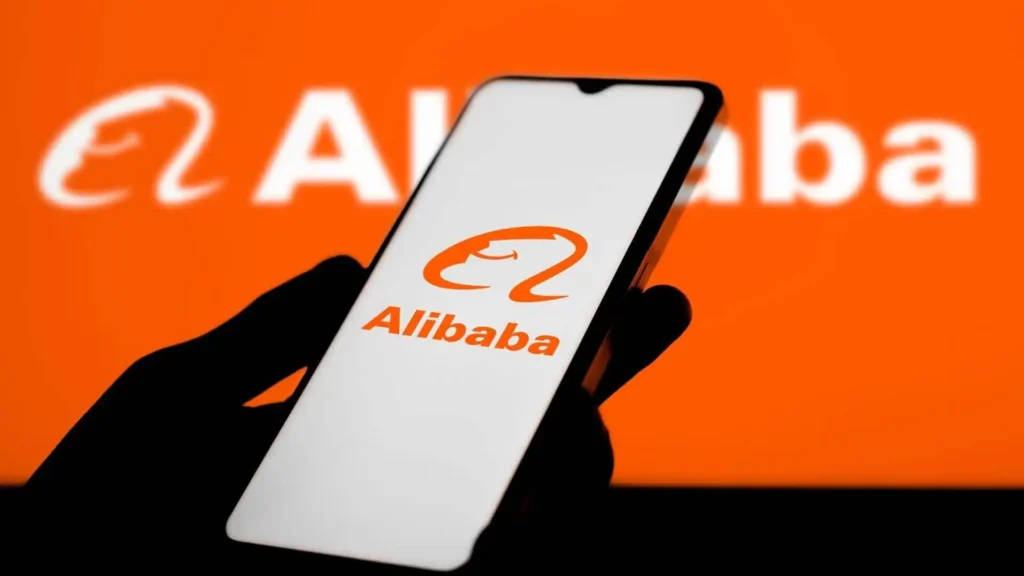
Alibaba, as a global e-commerce and technology conglomerate, receives varied ratings across its platforms. Here is how this platform is rated by different rating sites:
1. Trustpilot
Alibaba is rated “Great” by Trustpilot users. Positive reviews highlight professional service, fast delivery, and a wide range of products from verified suppliers. The platform has 4.1 out of 5 stars based on 26,642 reviews. For example, users praise the platform’s user-friendly interface and responsive suppliers. However, some negative reviews mention issues like receiving damaged goods or difficulties with dispute resolution, such as a case where a buyer’s claim for damaged doors was denied despite evidence.
2. Sitejabber
Alibaba has 4.5 out of 5 stars based on 13,234 reviews on Sitejabber. Most customers are satisfied, with reviews emphasizing the platform’s role in connecting businesses with professional manufacturers. Users appreciate the ease of sourcing and payment processes. Negative feedback includes experiences with slow-performing products, such as a phone compared to a “Pentium 1 computer” or delivery delays.
So, Is Alibaba Legit?
Alibaba, as a global e-commerce giant, is a legitimate platform that has transformed how businesses and consumers connect worldwide. With platforms like Alibaba.com, AliExpress, Taobao, and Tmall, plus services like Alibaba Cloud and Cainiao logistics, it is a powerhouse serving over 1 billion annual active consumers.
So, in the end, it can be safely said that it is a legitimate and authentic platform that can be relied on. The platform has credibility to bank on. Millions all over the world repose their trust and faith in the said online marketplace.
Frequently Asked Questions
1. Is Alibaba a legitimate company?
Yes, Alibaba is a legitimate global e-commerce and technology conglomerate founded in 1999 by Jack Ma.
2. Are all sellers on Alibaba reliable?
No, not all sellers are reliable. The platform hosts millions of suppliers, and while many are legitimate, some may be unverified or fraudulent. Look for “Verified Supplier” or “Gold Supplier” badges, check seller ratings, and review their transaction history.
3. Is AliExpress safe to use compared to Alibaba.com?
AliExpress, Alibaba’s B2C platform, is generally safer but riskier than Alibaba.com due to its focus on individual consumers and lower-cost products. It has similar buyer protection, but complaints about counterfeit goods or long shipping times are common